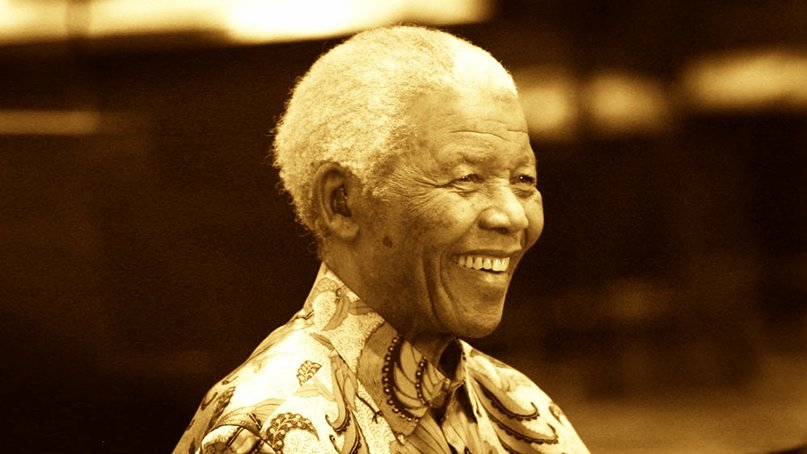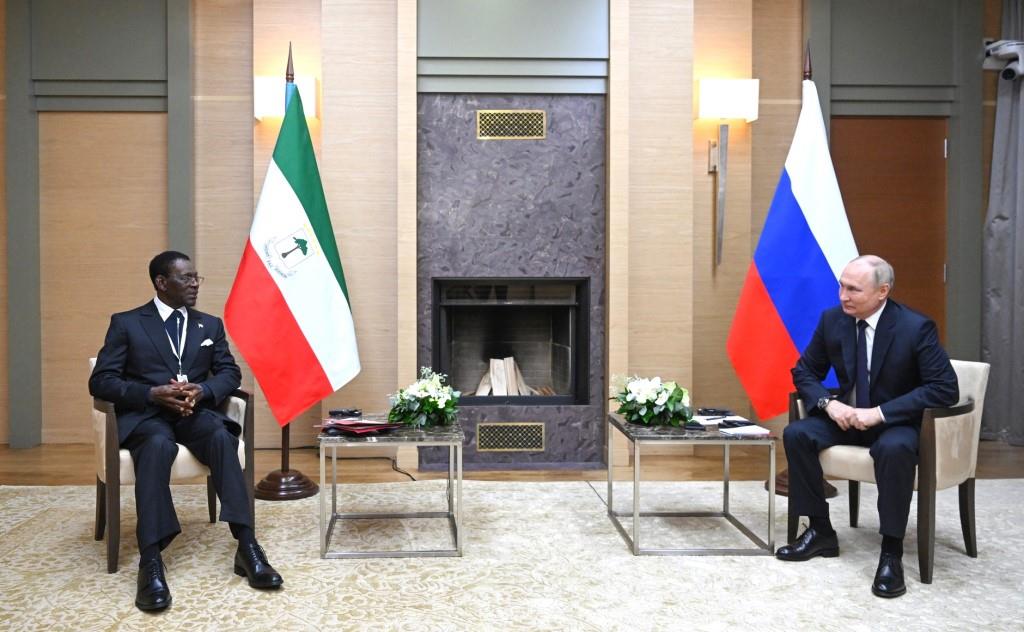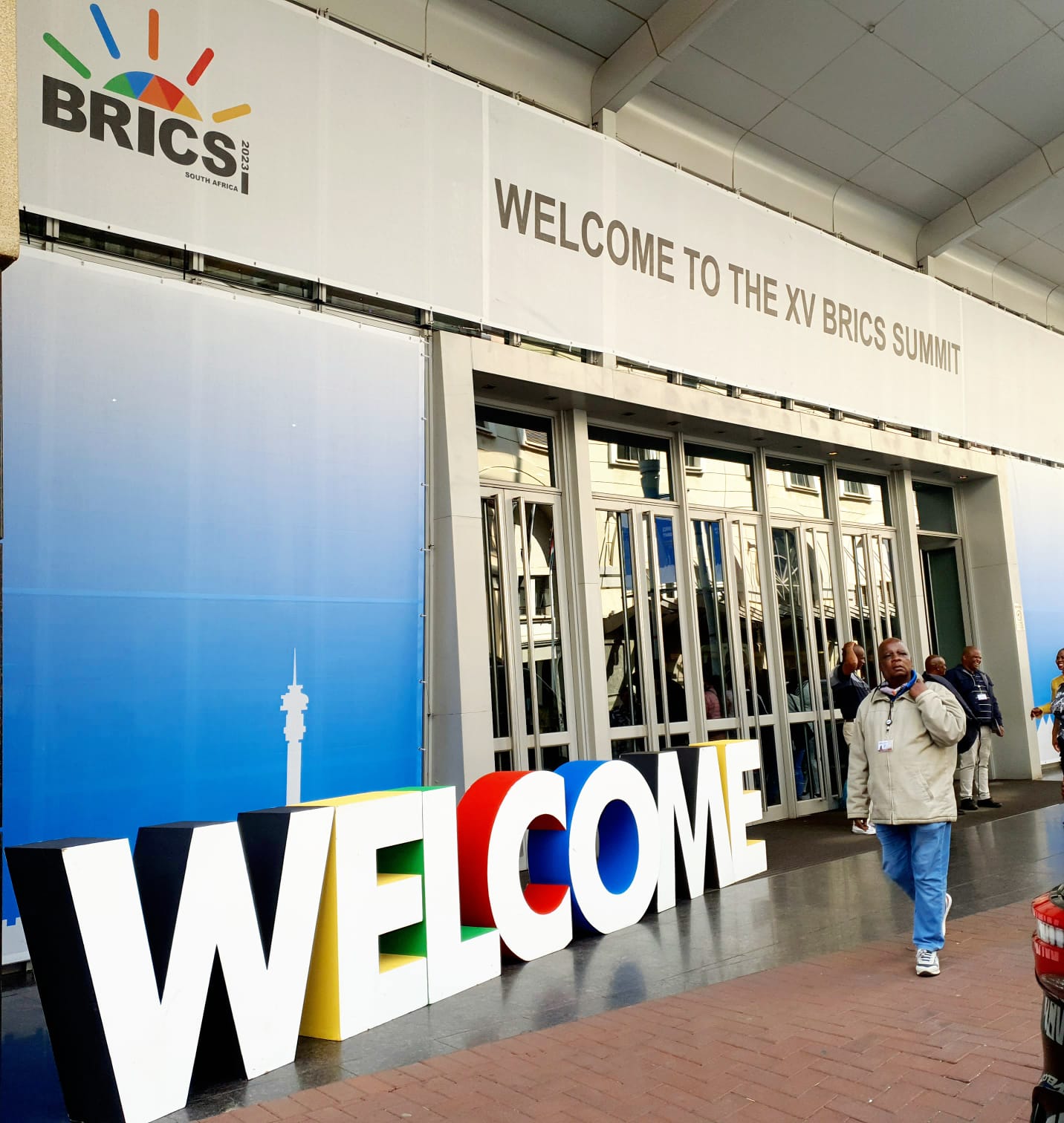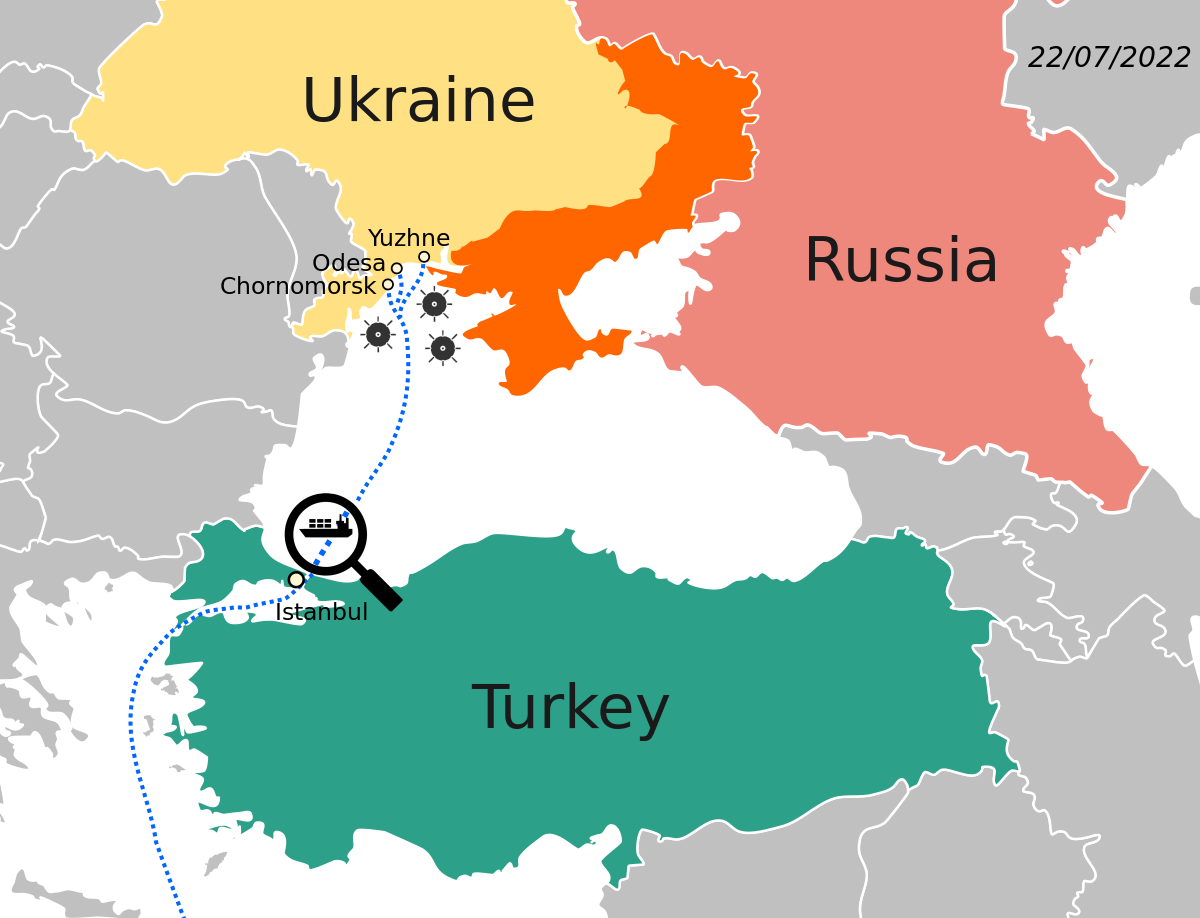Travel/Tourism
Ukraine Crisis Hits Russia’s Tourism Industry
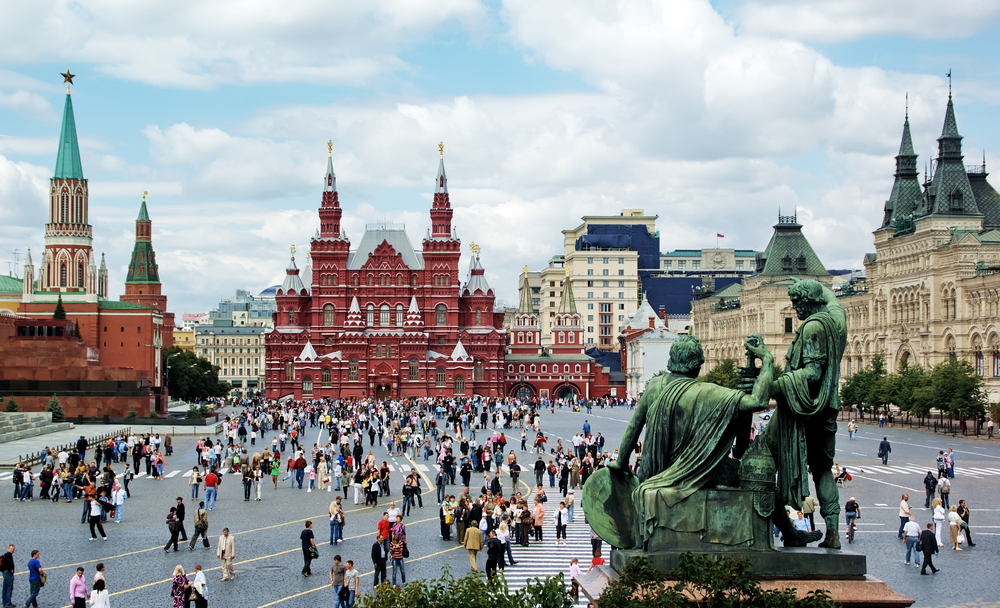
By Kester Kenn Klomegah
Russia’s tourism industry, both in-bound and out-bound, is severely hit by the war-ravaged crisis that unfolded in the former Soviet republic of Ukraine in late February. For more than two years, the tourism industry was affected due to the widespread Covid-19 that shattered the world.
Industry operators say that the impact on tourism due to Russia’s “special military operation” in Ukraine has pushed the United States and Canada, European Union, Australia, New Zealand and many other countries to impose a series of sanctions, which are currently affecting the smooth operation of tourism business.
According to statistics, over these past three years, including the Covid-19 restrictions and the Russia-Ukraine crisis, foreign airlines have carried an estimated 128.1 million passengers, but most passengers were stuck due to border closures and repatriated in 2020. As Covid-19 subsided, and the latest volley of sanctions have cut foreign travel, especially to the United States and Europe for Russians.
Analysts expect the tourism business to develop considerably inside Russia. Russian tourists might instead opt for South America and Caribbean, Asian and African destinations such as Cyprus, Thailand, Turkey, Malta, Maldives, Zanzibar, and Egypt. Russian citizens might not fear a sharp rise in airplane ticket prices, as during the spring and upcoming summer seasons costs are being determined, among other factors, by demand and purchasing power.
Many Russian tourists are stranded due to economic sanctions, handicapped by bank withdrawals using the international credit card system. Zarina Doguzova at the Russian Federal Agency for Tourism told the local Russian media that nearly 90,000 tourists were repatriated in March.
According to the agency, Egypt has the largest number of packaged tourists from Russia. The repatriation process has been hampered and takes more time due to new Western sanctions targeting the planes expected to be used for special flights from Egypt to Russia. The tour operators struggled to bring back Russian packaged tourists by using different ways, including connecting flights of foreign airlines through third countries from the United Arab Emirates, Turkey, the Maldives and Thailand.
On April 4, Russian Prime Minister Mikhail Mishustin announced that from April 9, Russia would cancel restrictions on flights to 52 countries imposed due to the pandemic, including Argentina, India, China, South Africa, and other friendly countries. It applies to regular and charter flights between Russia and several other foreign countries.
It will take into account the epidemiological situation in individual countries: a previous decision was made to completely lift restrictions on regular and charter flights with Algeria, Argentina, Afghanistan, Bahrain, Bosnia and Herzegovina, Botswana, Brazil, Venezuela, Vietnam, Hong Kong, Egypt and Zimbabwe.
The rest include Israel, India, Indonesia, Jordan, Iraq, Kenya, China, North Korea, Costa Rica, Kuwait, Lebanon, Lesotho, Mauritius, Madagascar, Malaysia, Maldives, Morocco, Mozambique, Moldova, Mongolia, Myanmar, Namibia, Oman, Pakistan, Peru, Saudi Arabia, Seychelles, Serbia, Syria, Thailand, Tanzania, Tunisia, Turkey, Uruguay, Fiji, Philippines, Sri Lanka, Ethiopia, South Africa, and Jamaica.
The protracted Ukraine war threatens several tourist destinations that rely on Russian visitors. Turkey, Uzbekistan, the UAE, Tajikistan, Armenia, Greece, Egypt, Kazakhstan, and Cyprus are among the top 25 countries for outbound Russian tourism by flight capacity, according to Mabrian Technologies, an intelligence platform for the tourism industry.
For instance, Egypt’s economy relies heavily on tourism from Russia and Ukraine, with the two countries accounting for roughly one-third of all visitors each year. Egypt is working to open tourism markets, particularly for Germany, England, the Czech Republic, Italy, and Switzerland, following the lifting of travel restrictions to Egypt.
Thousands of Russian tourists visit Thailand’s beach resorts. The Russia-Ukraine crisis with Europe might further push Russian tourists toward popular destinations in Asia and a few destinations in Africa. While Covid-19 restrictions have been lifted, not all these countries are considered popular destinations for Russian tourists. Russia is looking to develop and promote domestic tourism.
According to statistics, Russian tourists spent over $300 billion abroad over the past 20 years, and their money could build domestic tourism infrastructure. Experts also argue that the Russian tourism infrastructure has been demonstrating some growth over the past year, and it is important not to lose this pace under the current circumstances in the world.
Federal Agency for Tourism, which promotes tours both domestic and foreign, underscored steps being taken by the Russian government to put tourism on track including subsidy offers for local destinations, an effort towards encouraging and promoting domestic tourism, which are safe and have comfortable conditions for Russian tourists, during the forthcoming seasons.
Russian government’s latest package of measures to support the economy in the face of sanctions will address the tourism industry and a number of other sectors, and it provides for tax incentives, Federation Council Deputy Speaker Nikolai Zhuravlev said this month.
According to the Association of Tour Operators of Russia (ATOR), external tourism will steadily pick up despite the current international situation and the rising dollar and euro exchange rates, and the decline in the share of foreign tours in the volume of sales during February and March, during the months of the Russia-Ukraine crisis.
Russia’s membership has been stripped off from international organizations, the latest was the United Nations Human Rights Council. On March 8, the Executive Council proposed holding an extraordinary assembly to consider a possible suspension of Russia’s membership in the United Nations World Tourism Organization.
Travel/Tourism
How to Travel Like a Pro This Easter – With Smart and Essential Hacks
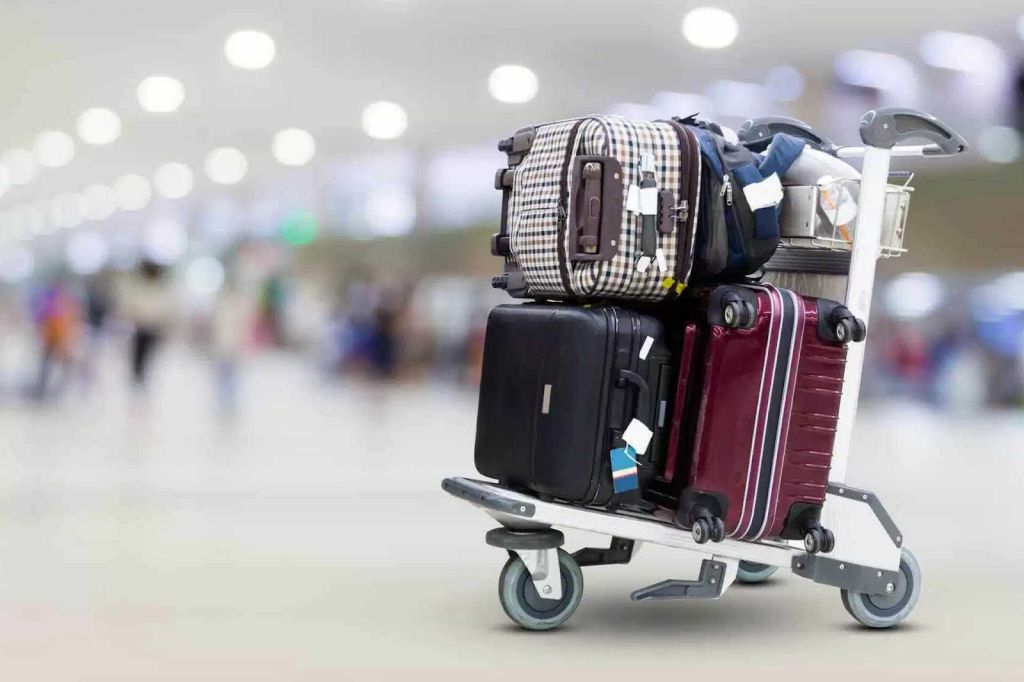
Easter is almost here, and with it comes the perfect opportunity to escape the everyday hustle and embark on a memorable adventure. Whether you’re craving some ‘chilling’ time, quality ‘family’ time, or a ‘pepper dem’ getaway, Nigeria offers endless possibilities for exploration. And the best part? Travelling locally has never been easier or more affordable.
Whether you’re a ‘newbie’ traveller or a seasoned pro, we’ve got you covered with essential hacks that will make your trip a breeze. Say goodbye to stress and hello to smooth sailing as you navigate your Easter getaway like a true travel expert.
Planning your trip is like packing your suitcase – essential, not optional
Just like you wouldn’t leave home without your power-bank (just in case!), don’t head off on a quick trip without a plan. A little prep can save you time, money, and stress — from booking flights and sorting transport, to packing light and right.
Nigeria has endless ways to travel. Flying with local airlines like Air Peace or Ibom Air is quick and budget-friendly, while renting a car gives you the freedom to explore scenic routes like the drive to Erin-Ijesha Waterfalls or the journey to Obudu Cattle Ranch. Not into driving? Buses like Peace Mass or God is Good are easy and affordable. And for a truly luxurious experience, you could even consider a chartered flight – if you’re balling!
Travel like a pro: The art of smart packing
Packing smartly is a crucial travel hack that can save both time and money. Amelia Campher recently shared on TikTok how she organised her hair, beauty, makeup, and personal accessories into different vanity cases and toiletry bags from Temu. Each one perfectly stores her daily essentials, keeping everything neat and accessible. She excitedly told her followers, “This is your sign to buy these bags!” Her clever packing strategy ensures that she’s ready for any trip without unnecessary clutter or stress.
Take Jasmin’s experience, for example. After getting hit with extra carry-on fees on a previous flight, she decided to be smarter about her upcoming family trip. In her search for a solution, she found the perfect backpack on Temu for just under ₦40k. Ticking all the boxes, it avoided extra carry-on fees and allowed her to efficiently pack 16 items plus a makeup bag. When they arrived at the airport, Jasmin’s family breezed through check-in with no issues, their backpacks meeting size requirements perfectly. No extra charges, no stress; just a smooth start to their unforgettable five-day family trip.
Backpacks aren’t just ideal for air travel – they’re also perfect for road trips. Whether you’re cramming your car with family and their belongings or flying high, packing smart and light is essential. A compact, well-organised backpack can make your journey easier, no matter the mode of transport.
To avoid unexpected charges when flying within Nigeria this Easter, it’s crucial to familiarise yourself with airline baggage policies; while Economy Class typically permits 15kg to 20kg of checked luggage, and Premium Economy or Business Class allows up to 30kg, always verify specific weight limits with your chosen airline to prevent costly excess baggage fees, especially if you plan on packing more than the standard allowance.
No passport needed: Pack your bags for a Naija Detty Easter
Why travel halfway across the world when Nigeria has it all? This Easter, skip the long-haul and discover the treasures on your doorstep. From the buzzing streets of Lagos to the ancient city of Benin and the serene hills of Jos, unforgettable adventures are just a short trip away.
By travelling locally, you’re not only creating new memories — you’re also supporting local tourism and helping grow our economy. With so many destinations to explore, there’s something for every kind of traveller. So pack your bags, plan smartly, and make this Easter your best Naija Detty holiday yet.
Travel/Tourism
Interest for Trump’s $5m Golden Visa Dwindles
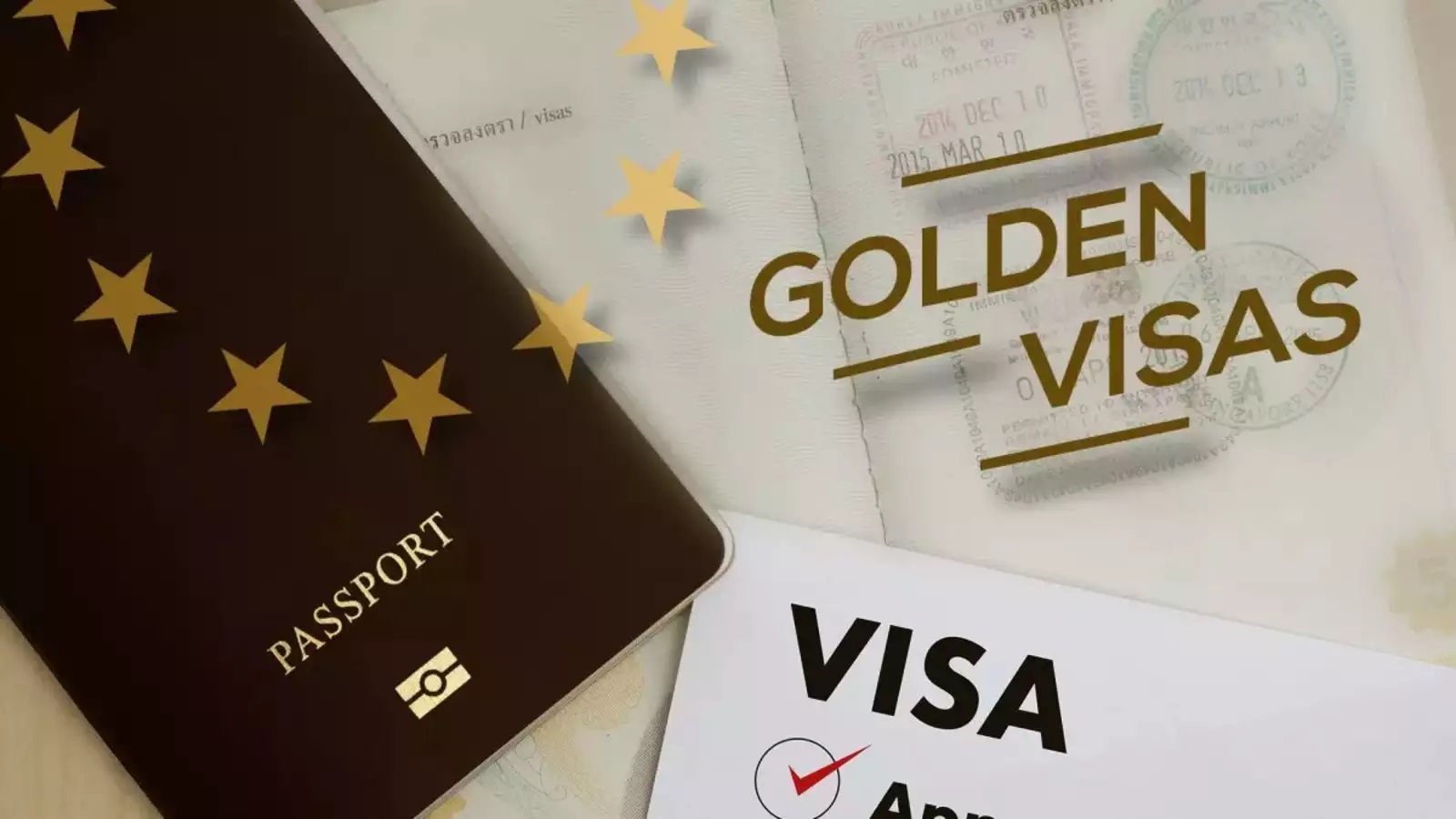
The latest analysis from Astons reveals that online search interest in Donald Trump’s US Gold Card has rapidly dwindled in the days following the President’s announcement, while interest in European Golden Visa programmes has remained steadfast.
The US President has announced plans to introduce a “Gold Card” visa scheme through which he hopes wealthy foreigners will invest at least $5m in the US economy in exchange for what Trump calls “Green Card privileges“.
Astons has analysed global Google search trend data* for terms related to Golden Visas in the days and weeks following Trump’s announcement and found that while there was an initial flurry in search interest, this quickly dwindled. And even at its peak, it never surpassed the interest garnered by the Golden Visa programmes offered by Spain and Greece.
In the 10 days immediately following Trump’s Gold Card announcement, the online search interest score for the term ‘US golden visa’ averaged out at 27.90. Meanwhile, the term ‘US gold card’ scored 24.10, while ‘Trump golden visa’ scored 22.20.
During the same time frame, search interest in European Golden Visas was significantly stronger. ‘Spain golden visa’ scored 38.90, while interest in ‘Greece golden visa’ was scored at 36.50.
However, after this initial 10 days following the announcement, interest in Trump’s offering rapidly decline, as during the subsequent 10-day period, search interest in ‘US gold card’ fell by -82.6%, interest in ‘Trump golden visa’ fell by -76.1%, and interest in ‘US golden visa’ fell by -55.6%.
At the same time, interest in European golden visa programmes remained steadfast.
In fact, interest in ‘Greece golden visa’ increased by +1.1%, while interest in ‘Spain golden visa’ remained unchanged at 38.90.
Astons Business Development Director and Head of Astons Cyprus Office, Denis Kravchenko, commented:
“Donald Trump’s plan to introduce what is essentially a residency by investment program that, apparently, provides a quick path for citizenship to the US has understandably generated a surge in interest and speculation. But the $5m price tag is likely going to be far too high to result in a large enough level of uptake for it to reduce the US’s national debt as it is intended to do.
It is also possible that this new programme could become more popular than America’s existing EB-5 visa programme which already offers green cards to those who are willing to invest between $800,000–$1m into the US economy, so doubts around investors now being willing to pay a substantially higher price for residency are well-founded.
Should Trump decide to scrap the EB-5, one of the world’s oldest residency by investment programmes having been introduced by President George H. W. Bush under the Immigration Act of 1990, it will be all the more surprising given that 2024 saw 5,000 applications for the programme, marking an annual uplift of 85%.
It remains unclear whether Trump’s program will offer any substantial advantages—such as expedited processing – currently, the EB-5 path to a green card takes between one and ten years depending on nationality with the absence of stringent background checks—to motivate investors to commit more funds.
Trump may face further challenges due to there being other countries in the world that offer far more accessible programmes. Investors can, for example, qualify for Maltese citizenship through exceptional naturalisation for an investment of around 1 million euros, for which an investor can obtain citizenship to an EU member state in an average of 1.5 years without the need for permanent relocation.
Then there are the multitude of European Golden Visa programmes that are also far more budget-friendly than Trump’s new initiative. Hungary launched a new residency program in summer 2024, requiring a minimum investment of at least 250,000 euros, and Portugal’s offer starts at a minimum investment of 500,000 euros.
However, it’s Greece’s Golden Visa opportunities that are proving most popular of all,
Despite the entry investment threshold recently being raised, it is still possible to obtain residency by purchasing property for just 250,000 euros. Somewhat ironically, it’s young Americans who are driving the recent surge in demand for Greek Golden Visas which, in 2024, set a record, issuing 17,194 visas (based on 11 months of data).”
Travel/Tourism
Airbus Showcases Hydrogen Aircraft Technologies
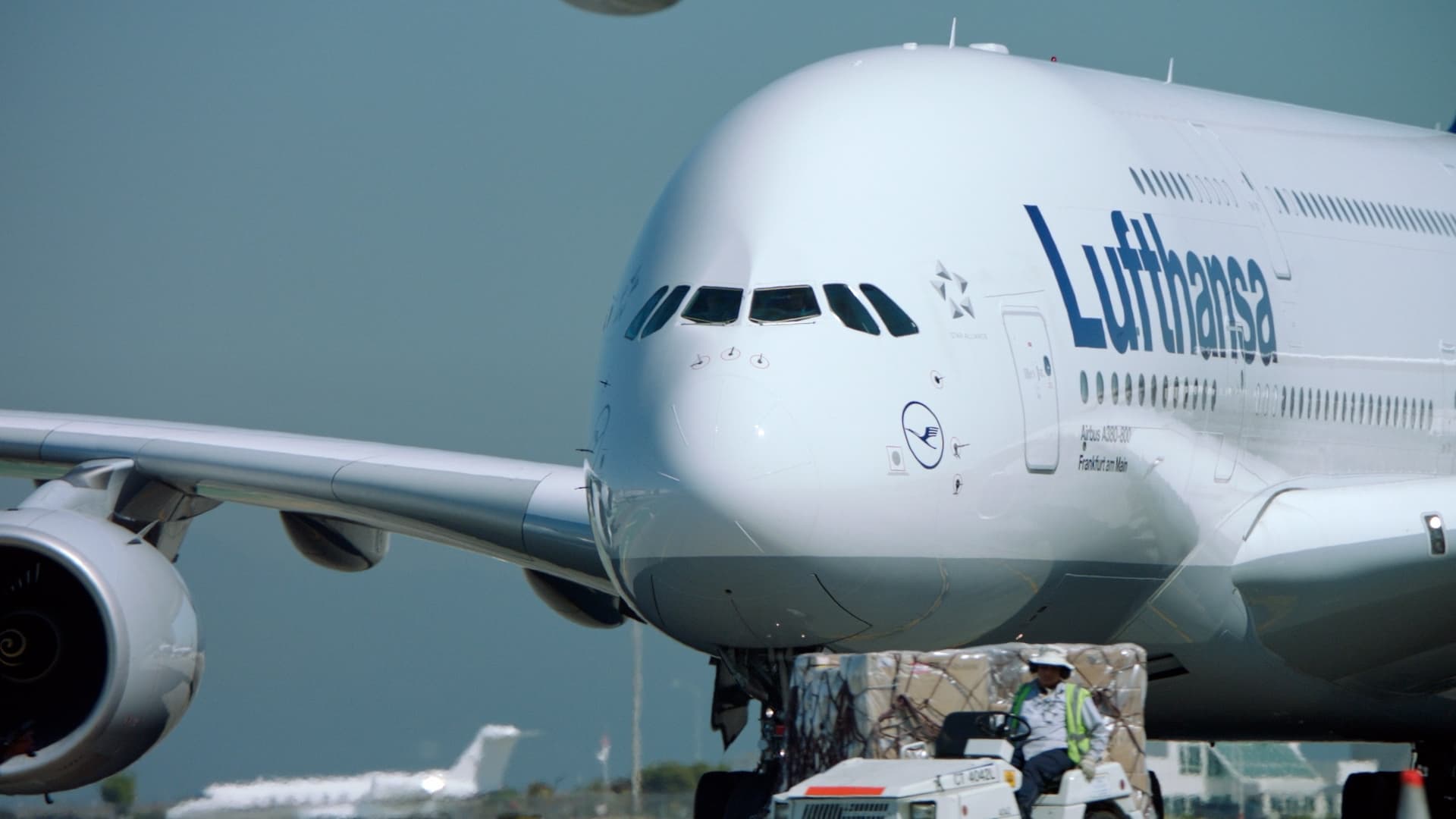
By Aduragbemi Omiyale
Airbus has provided an update on its roadmap to pioneer the future of commercial aviation in the decades to come, outlining plans to prepare a next-generation single-aisle aircraft that could enter service in the second half of the 2030s, as well as its revised ZEROe project roadmap to mature the technologies associated with hydrogen-powered flight.
This was at the 2025 Airbus Summit, where the firm reconfirmed its commitment to bringing to market a commercially viable hydrogen aircraft and presented some of the key technology building blocks that will enable the advent of a fully electric, fuel-cell powered commercial aircraft – a pathway which stands out as the most promising, following years of research into hydrogen aviation.
These technologies were notably showcased as part of a new, notional concept of a hydrogen aircraft powered by four, 2-megawatt electric propulsion engines, each driven by a fuel cell system that converts hydrogen and oxygen into electrical energy.
The four fuel cell systems would be supplied via two liquid hydrogen tanks. This concept will continue to be refined over the coming years as additional tests will help mature the technologies associated with hydrogen storage and distribution, as well as with the propulsion systems.
In 2023, Airbus successfully demonstrated a 1.2MW hydrogen-propulsion system, and in 2024, end-to-end testing of an integrated fuel cell stack, electric motors, gearboxes, inverters and heat exchangers was completed.
To address liquid hydrogen handling and distribution challenges in flight, Airbus, in collaboration with Air Liquide Advanced Technologies, has developed the Liquid Hydrogen BreadBoard (LH2BB) in Grenoble, France.
Integrated ground testing is planned for 2027 at the Electric Aircraft System Test House in Munich, combining the propulsive bench and hydrogen distribution system for comprehensive system validation.
“Hydrogen is at the heart of our commitment to decarbonise aviation. While we’ve adjusted our roadmap, our dedication to hydrogen-powered flight is unwavering.
“Just as we saw in the automotive sector, fully electric aircraft powered by hydrogen fuel cells have the potential in the longer term to revolutionise air transport for the better, complementing the sustainable aviation fuel pathway,” the Head of Future Programmes at Airbus, Bruno Fichefeux, stated.
“Over the last five years, we have explored multiple hydrogen-propulsion concepts, before down-selecting this fully electric concept. We are confident it could provide the necessary power density for a hydrogen-powered commercial aircraft and could evolve as we mature the technology.
“In the coming years, we will concentrate on advancing the storage, distribution and propulsion systems, while also advocating for the regulatory framework needed to ensure these aircraft can take flight,” the Head of the ZEROe Project at Airbus, Glenn Llewellyn, added.
-

 Feature/OPED5 years ago
Feature/OPED5 years agoDavos was Different this year
-
Travel/Tourism9 years ago
Lagos Seals Western Lodge Hotel In Ikorodu
-

 Showbiz2 years ago
Showbiz2 years agoEstranged Lover Releases Videos of Empress Njamah Bathing
-

 Banking7 years ago
Banking7 years agoSort Codes of GTBank Branches in Nigeria
-

 Economy2 years ago
Economy2 years agoSubsidy Removal: CNG at N130 Per Litre Cheaper Than Petrol—IPMAN
-

 Banking2 years ago
Banking2 years agoFirst Bank Announces Planned Downtime
-

 Sports2 years ago
Sports2 years agoHighest Paid Nigerian Footballer – How Much Do Nigerian Footballers Earn
-

 Technology4 years ago
Technology4 years agoHow To Link Your MTN, Airtel, Glo, 9mobile Lines to NIN






